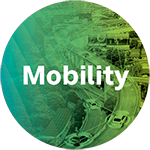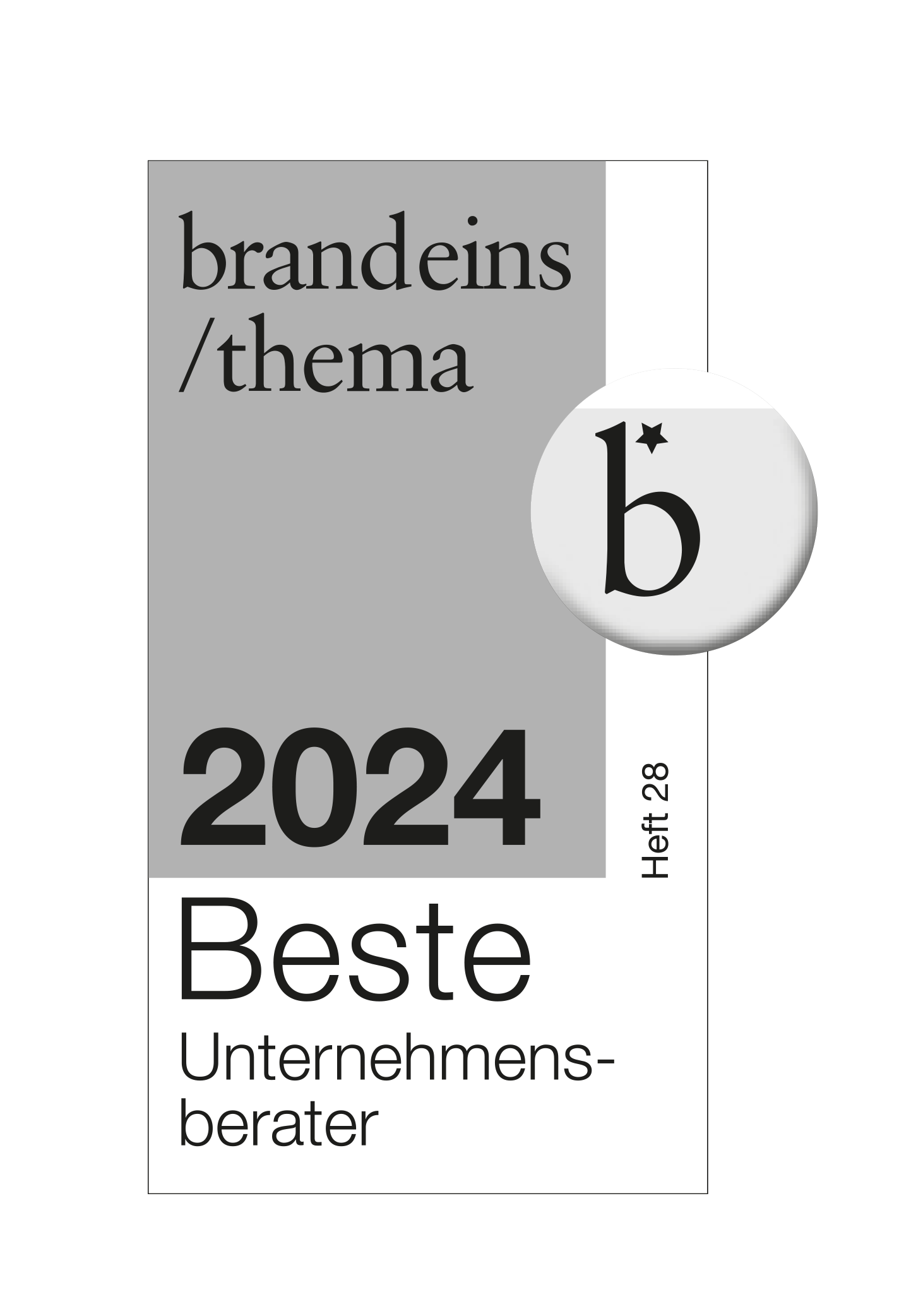Using data for smart administrative action
When it comes to digitalizing their administration, municipalities are faced with the major task of implementing the Online Access Act (“Onlinezugangsgesetz” OZG) and the subsequent innovations in connection with identifications, portal interconnection and data sharing. In the future, companies as well as citizens expect planning and approvals based on data. This will lead to a “smart”, i.e., evidence-based, future and public-welfare oriented further development of the municipality. The Internet of Things (IoT), sensors and data collected and processed by artificial intelligence (AI) will increasingly support municipalities in implementing smart administration goals in the future.
Do you have any questions?

Werner Achtert
Head of Public Sector
+49 69 580045 1222
werner.achtert@msg.group
Living together is improved through smart administrative action
In the future, administrative action will be increasingly guided by “public value”, the value contribution to the common good. For this purpose, the administration must provide open data via app, platform or web application and support and accompany solutions for everyday needs. Analyzed data enables conclusions to be drawn about capacity requirements of schools, retirement homes and daycare centers. Citizen participation via platforms and on the basis of information, which can be viewed by everyone, increases acceptance of innovations and creates livable neighborhoods. For this, a smart, citizen-centric administration uses digital information from the civil society, business, traffic and science.
Mobility is positively influenced through smart administrative action
A smart infrastructure enables residents of cities and communities to get from A to B fast and in an environmentally friendly manner. For this purpose, sensors measure and analyze the utilization of different traffic routes and means of transport in real time. They suggest alternative routes in case of heavy traffic and free parking capacities. Modern mobility concepts such as electronic scooters and car sharing reduce the number of vehicles in city centers. GPS data facilitates planning large events by recording visitor flows and by rerouting them, if required. Efficient administrative action is required for all of these intelligent mobility concepts. With the help of collected data, needs are analyzed and new forms of mobility, e.g., through online approvals, are made possible in a timely manner.
Environment benefits from smart administrative action
Coping with climate change is a complex task in planning, approving and implementing sustainable concepts in municipalities. Digital information enables data-based decisions to be made and needs in the municipality to be analyzed. Smart LED street lighting that only reacts to movement and is otherwise dimmed not only saves energy costs. Its sensor technology can also be used to measure air quality, noise level or temperature. This data provides the basis for urban planning decisions, such as those regarding traffic-calmed zones.
Our solution is called koda.city
For all these innovations, data is collected in real time in the smart city, analyzed and processed with AI. In general, this data must not serve an end in itself, but exclusively for the common good. This needs a public-welfare oriented data ecosystem. Based on open interface standards, our municipal data platform koda.city provides support as a unified, secure and sovereign data space.




